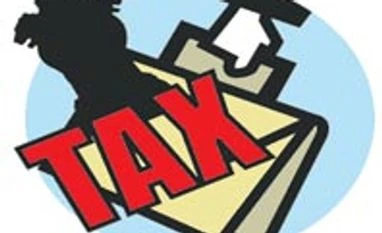This is for the first time that service tax rules have amended to attract the Criminal Procedure Code (CrPC) in line with customs and central excise. Not only that, now one of the offences involving availing and utilisation of credit of tax paid without actual receipt of taxable service or excisable goods is non-bailable and cognisable (arrest without court warrant). All other offences are non-cognisable and bailable.
The service tax rules also specify certain offences where any director, manager, secretary or any other officer of a company who, at the time of violation was in charge or was responsible for conduct of the business of such company, or was knowingly concerned with such contravention, shall be penalised up to Rs one lakh. These offences include evasion of service tax, issuance of invoice, bill or challan without provision of taxable service, availing or utilisation of credit of taxes or duty without actual receipt of taxable service or excisable goods or failure to pay any amount collected as service tax to the credit of central government beyond a period of six months from the date on which such payment becomes due.
While section 89 of the service tax outlines prosecution for offences, section 89 (1) and its sub clauses to specify types of offences.
In availing or utilisation of tax credit, if the amount exceeds Rs 50 lakh, the assessee may be sentenced to imprisonment of three years and for amount beyond Rs 50 lakh, it could be seven years. However if special and adequate reasons are not available, the imprisonment term may be reduced to six months.
However the section will not apply to such cases where an invoice has been issued for a service yet to be provided on which due tax has been paid. Thus, for an offender to commit such non-bailable offence, he must avail as well as utilise the credit without having actually received the goods or service.
Officials explained that it is only meant for such invoices that are typically known as fake where the tax has not been paid at the so called service provider’s end or where the provider stated in the invoice is non-existent.
They said, it will also cover situations where the value of the service stated in the invoice or tax thereon have been altered to avail Cenvat in excess of the amount originally stated. While calculating the monetary limit for the purpose of launching prosecution, the value shall be the amount availed as credit in excess of the amount originally stated in the invoice.
)